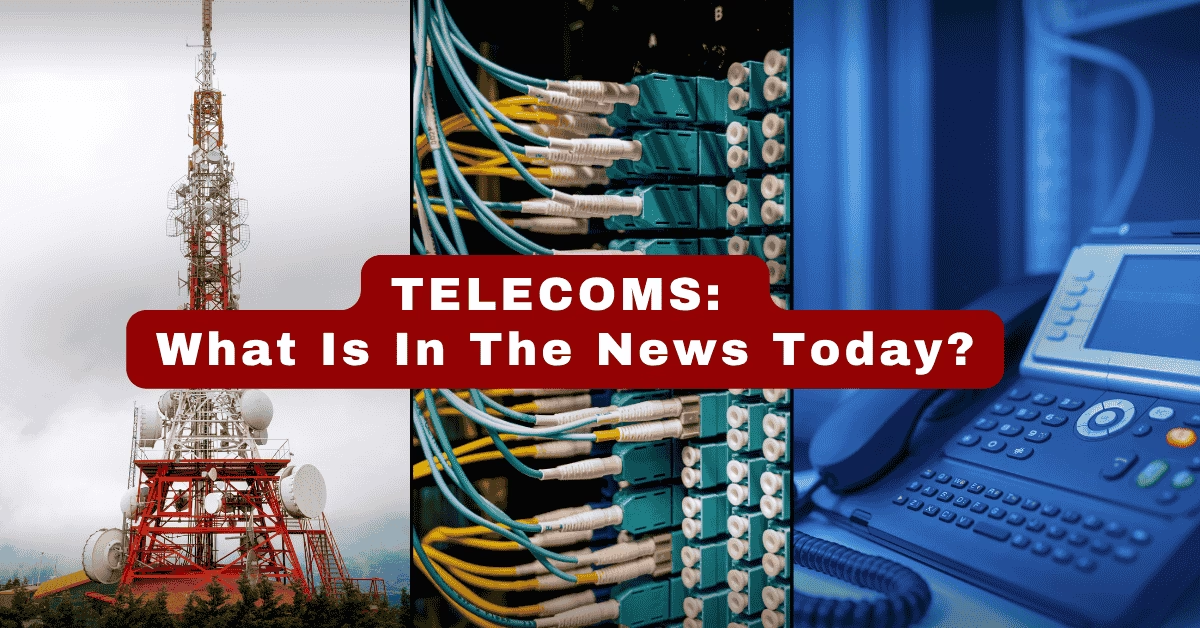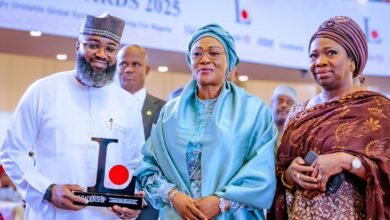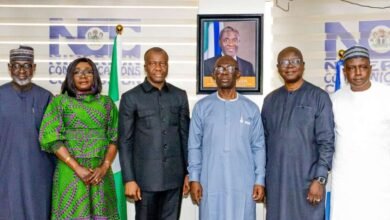
- Truecaller reports Nigerian telecoms are behind 85% of spam calls and messages
- Average user receives 30 spam texts and 8.4 spam calls monthly
- NCC reveals operators face 1,100 fibre cuts weekly, plus thefts and access denial
- Diesel supply blockade threatens over 16,000 telecom sites nationwide
- NCC calls for unified action to protect telecom infrastructure and national security
Truecaller Identifies Telecom Operators as the Leading Source of Spam
A recent report by Truecaller reveals that telecom operators in Nigeria are responsible for a staggering 85% of the total spam calls and messages received by subscribers on their SIM cards. The report highlights a growing trend in the volume of spam interactions, indicating that an average Truecaller user in Nigeria now receives approximately 30 spam messages and 8.4 spam calls each month, marking a 20% increase compared to the previous year.
Truecaller identifies telecom operators as the leading source of spam, suggesting that they exploit subscriber information to bombard their customers with promotions and data plan offers. In contrast, other spam categories such as telemarketing account for just 3%, while Robo-calls and financial service providers make up around 12%. The increasing prevalence of spam communications has raised concerns among Nigerian subscribers regarding their privacy and the practices of telecom companies.
The report highlights that Nigeria ranks among the top 20 countries worldwide adversely impacted by spam calls and SMS. Having last appeared on this list in 2017, Nigeria has seen a sharp increase in spam activity from telecom operators, rising from 61% to the current 85%. In the rankings, Nigeria placed 18th for spam calls and 7th for spam SMS.
Other African nations with significant spam issues include South Africa at 6th place and Egypt at 20th. As mobile phone usage grows in Nigeria, subscribers face mounting challenges related to spam, which proliferates alongside the expanding subscriber base. The adverse effects of spam communications are also on the rise.
To address consumer complaints, the Nigerian Communications Commission (NCC) introduced a Do-Not-Disturb Code (2442) designed to help users opt-out of unsolicited messages. However, the persistence of spam despite these regulations indicates that further measures may be necessary to effectively combat the issue.
Telecoms Operator Laments on Fiber Cut Challenges
Telecom operators in Nigeria are facing significant challenges, with around 1,100 fibre cuts occurring weekly, along with 545 access denials and 99 theft incidents reported in the past six months. These issues have severely impacted the quality of telephone services across the country.
The Nigerian Communications Commission (NCC) has been keeping a close watch on this troubling trend, emphasizing that these acts pose a serious threat to the telecom sector. Dr. Aminu Maida, the Executive Vice Chairman of the NCC, addressed these concerns during the Nigeria Information Technology Reporters Association (NITRA) and the Association of Licensed Telecommunication Operators of Nigeria (ALTON) organized CNII and Sustainability Conference 2025.
In addition, ALTON, through its Chairman Gbenga Adebayo, expressed alarm over the ongoing disruptions in the supply logistics of diesel for cell sites, further complicating the situation for telecom providers and impacting service quality.
In a recent statement, ALTON Chairman Gbenga Adebayo disclosed that the association has received credible reports indicating that members of the Nigerian Union of Petroleum and Natural Gas Workers (NUPENG) and the Natural Oil and Gas Suppliers Association of Nigeria (NOGASA) blocked access to diesel loading depots in Kaduna, Lagos, and Koko (Delta State) on Tuesday. This obstruction has hindered the distribution of diesel to thousands of telecommunications sites managed by one of ALTON’s key members, IHS Towers.
During the CNII conference, Dr. Aminu Maida, represented by Edoyemi Ogoh, the Director of Technical Standards and Network Integrity at the NCC, highlighted the severe challenges faced by telecom operators. He disclosed that companies such as MTN, Airtel, and 9mobile are currently experiencing an alarming average of 1,100 fibre cuts weekly. Additionally, there are approximately 545 cases of access denial and 99 theft incidents each week, all of which jeopardize service delivery, operational stability, and national security in the telecommunications sector.
NCC Calls for Unified Action to Protect Nigeria’s Essential Telecom Infrastructure Amid Growing Challenges
The Nigerian Communications Commission (NCC) has urged all stakeholders to take unified action to safeguard Nigeria’s telecom infrastructure, highlighting the pressing need to protect the nation’s essential digital lifelines. Speaking at the Industry Sustainability and Critical National Information Infrastructure Conference at CitiHeight Hotel in Ikeja, Dr. Aminu Maida, executive vice chairman and CEO of the NCC, stressed the critical role telecommunications plays in advancing socio-economic development, national security, and digital sovereignty.
Dr. Maida, represented by Edoyemi Ogoh, director of Technical Standards and Network Integrity, pointed out that the telecommunications sector now contributes over 14.4% to Nigeria’s GDP, serving as the backbone for key industries such as banking, energy, healthcare, security, education, and governance. He described telecom infrastructure—including towers, fibre optic cables, data centres, internet exchange points, and international gateways—as vital assets that require protection and collaboration to ensure their integrity and continued operation.
Nigeria’s Telecom Network at Risk: Diesel Supply Blockades Could Shut Down Over 16,000 Mobile Sites, Warns ALTON
Nigeria’s telecommunications network is currently facing a critical disruption due to ongoing blockades on diesel supplies, which threaten the functionality of over 16,000 mobile network sites nationwide. The Association of Licensed Telecom Operators of Nigeria (ALTON) raised the alarm in a statement released on Thursday, highlighting that members of the Nigerian Union of Petroleum and Natural Gas Workers (NUPENG) and the Natural Oil and Gas Suppliers Association of Nigeria (NOGASA) had obstructed access to key diesel loading depots located in Kaduna, Lagos, and Koko, Delta State, on Tuesday.
This blockade has significantly impeded the distribution of diesel, which is vital for powering various telecom facilities managed by IHS Towers, a major infrastructure provider for multiple mobile network operators in the country. The lack of diesel could lead to widespread outages and service interruptions, potentially affecting millions of customers who rely on mobile connectivity for daily communications, business operations, and access to essential services. As the situation unfolds, concerns are mounting regarding the long-term implications for Nigeria’s telecommunications infrastructure and the overall impact on economic activity, especially in sectors that depend heavily on reliable communication networks. Stakeholders are urging for a swift resolution to the blockade to prevent further escalation of the crisis.




